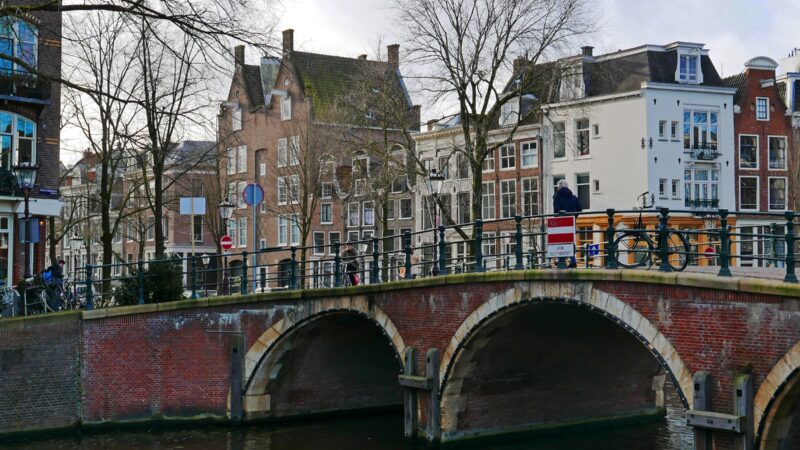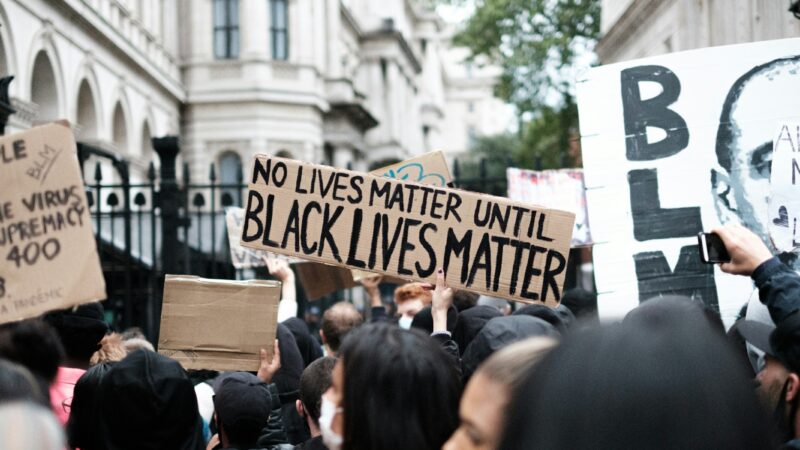Are the kids alright? 30 years ago, the news that two children had taken it upon themselves to murder a third was a moment in the national consciousness that stopped us in our tracks. Nowadays, it appears that we’ve either gone numb or deaf to the phenomena.
I have in the last few years lost track of how many teenagers and young people appear to die at the hands of others. Just this month, I can think of three; but it seems week in and out we see minor headlines on the BBC about another stabbing victim somewhere (who invariably ends up being a minor) and nothing more is said or done.
The causes are difficult to diagnose and difficult to treat. “Community centres” have become the go-to meme response as people – left and right-wing alike – debate whether a community centre or a skate park could have prevented these deaths, but none seem to grasp the wider issues that feed into these unfortunate and tragic outcomes.
Since 2010, almost 25,000 police officers were slashed, as were their budgets. The effects could not have been felt harder: crime feels almost decriminalised in Britain as thefts and burglaries go uninvestigated, and conviction rates for serious crimes dwindle. The prison system invariably is also under strain as a lack of infrastructure, staff, and adequate sentencing leads offenders to be often out and back on our streets sooner than is necessary for community protection. What is the result? Police forces pursue “easy” victories that use limited resources, and you end up being investigated over offensive tweets whilst the assailant who robbed you at knifepoint the night before is left to slink into the shadows. Reporting a crime to the police now seems more of a formality for the sake of your insurance, rather than anything else.
However, the structural issues – policing, prisons, courts – only explain the proliferation of crime itself; not this apparent uptick in youth criminality. How have we reached a position whereby two 15-year-old children feel capable of stabbing another to death? At the risk of becoming a jaded geriatric, I fear the cause of the issue lies in the technology itself, and the way we now socialise children. In the 24 years since David Bowie said that the internet would become both exhilarating and terrifying, his words could not have come truer. In my pocket, I now carry the means to communicate instantly with anyone I want; to scroll page after page of Wikipedia and see what the people I care about are up to. I also have access to the social undercurrents that pre-internet were confined to alleys and abandoned warehouses, and those undercurrents have access to me.
The internet has ended childhood as we know it. The mistakes and foibles of adolescence, which previously were left on playgrounds, are now a part of your digital footprint that will follow you into adulthood. You are exposed to predators, pornographers, peddlers and perverts far easier and more conveniently than our parents were, and you as a child are expected to negotiate a culture where sex, drugs and criminality in adulthood is now available – dare I say made attractive – to you.
How does a 15-year-old find themselves carrying a knife with the intention of using it on another person? How does a 15-year-old find themselves crossing national borders to join a terrorist organisation? How does a 15-year-old find themselves escorting illegal substances on behalf of older, organised criminal gangs? Because they have been left online and found – or been found by – people that have groomed them to do so. Parents who would not dream of leaving their child alone in a shopping centre, leave them on the internet for hours at a time with the same level of vulnerability because they do not understand, or do not care to understand, the internet and the threats it can pose.
This is not to say that the internet does not bring benefits. This topic is so thorny because of that truth: that to restrict children from the internet in their entirety would be impossible in a world where adults have made technology and tech literacy a core component of civilisation. Government legislation has attempted to strike a balance and thrown up more issues as adults have to contend with how methods of protecting children may negatively impact their own ability to use the internet the way that we do.
Internet usage is perhaps going to end up being a topic that, like sex, drugs, and alcohol, parents will have to talk to their children about moderation and limits. You only have to scratch a 20-something with a presence in online spaces to realise the extent of the issue: whether that be people joking about liveleak videos of ISIS executions, the prevalence of self-harm and the culture around it on tumblr in the last decade, all the way through to online communities that eventually breed terrorists – some as young as 13.
We cannot begin to understand why children commit crimes as shockingly as adults without understanding that in the age of the internet we have abolished childhood. Children grow up faster now but with all the instability and recklessness that marks adolescence, and unfortunately this leads to some slipping through the cracks and into things that lead to negative outcomes for all involved. If Conservatives seek to protect children, and build functioning and cohesive communities, they must accept this reality and begin to understand how we can preserve some semblance of childhood for generations which have no understanding of a world without the internet.



